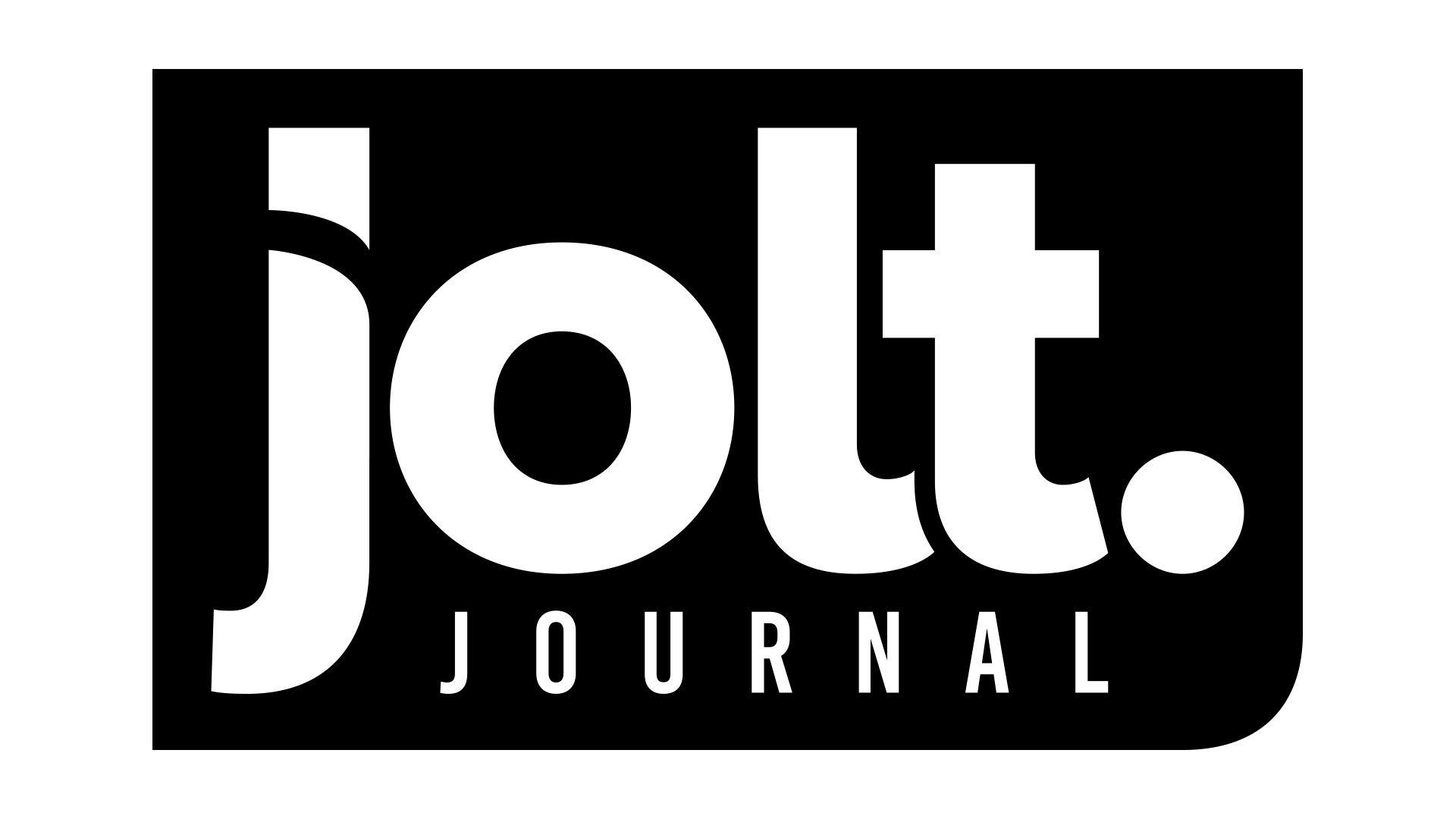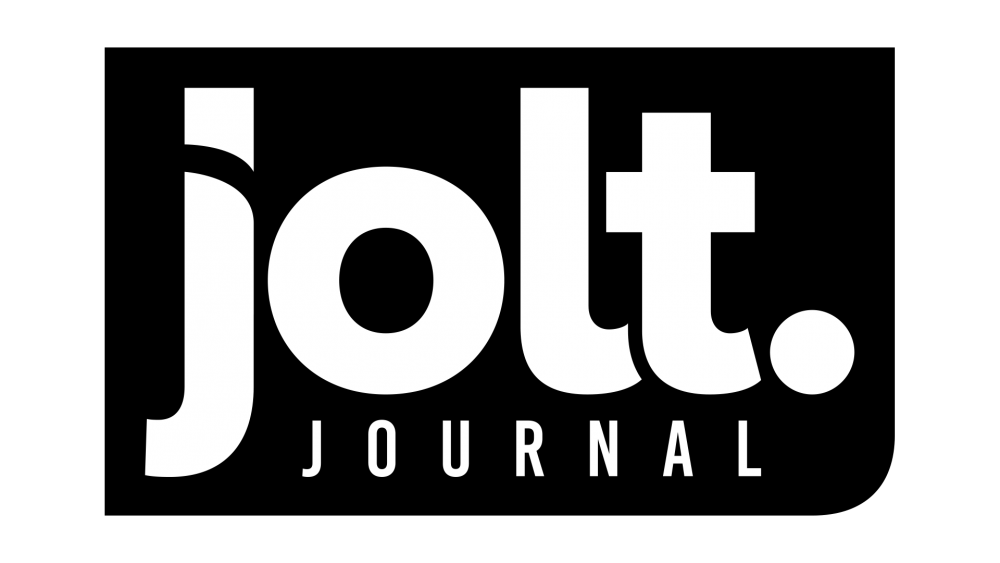Tech companies are notorious for hiding vast amounts of cash overseas. According to a report from Bloomberg, Google shielded €15.9 billion (about $19.2 billion) in 2016 using a very popular “Dutch Sandwich” tax trick where it saved about $3.7 billion in taxes.
So what is the “Dutch Sandwich” exactly? It’s a maneuver that involves shifting revenue from an Irish subsidiary to a Dutch firm with no staff, and then promptly moving the funds to a Bermuda mailbox owned by another Ireland-listed company. For what it’s worth, this practice isn’t slowing down and companies continue to exploit it. Google apparently moved 7 percent more cash through this method in 2016 than it did the year before.
In a statement to Bloomberg, Google defended the practice by saying that “pay[s] all of the taxes due and [complies] with the tax laws in every country we operate in around the world.” While this tax loophole may exist and is being exploited, Google technically isn’t breaking any laws. The company is honoring local laws down to the word. However, companies like Google, Facebook, Apple and Microsoft are using these tax loopholes that obey the letter of the law, but definitely not in spirit.
Government in Europe and the US have stated time and time again and argued that tech firms are depriving countries of expect tax revenue. Thus, these governments are taking numerous steps to reclaim the money that they have lost, and closing the loopholes (Ireland’s closes in 2020), as well as finding new methods of taxation.
Even though governments are moving onto tech firms to reclaim the money that they’ve lost, it won’t necessarily lead to a flood of income for them. Companies like Apple have already moved their cash to other tax havens so that their profits are shielded. The upside is that these disclosures give insight to how much tech companies are contributing to local economies and putting profits before anything else.





